Why do Indian Students go Abroad to Study?
Cheaper fees, more courses, were the lure.
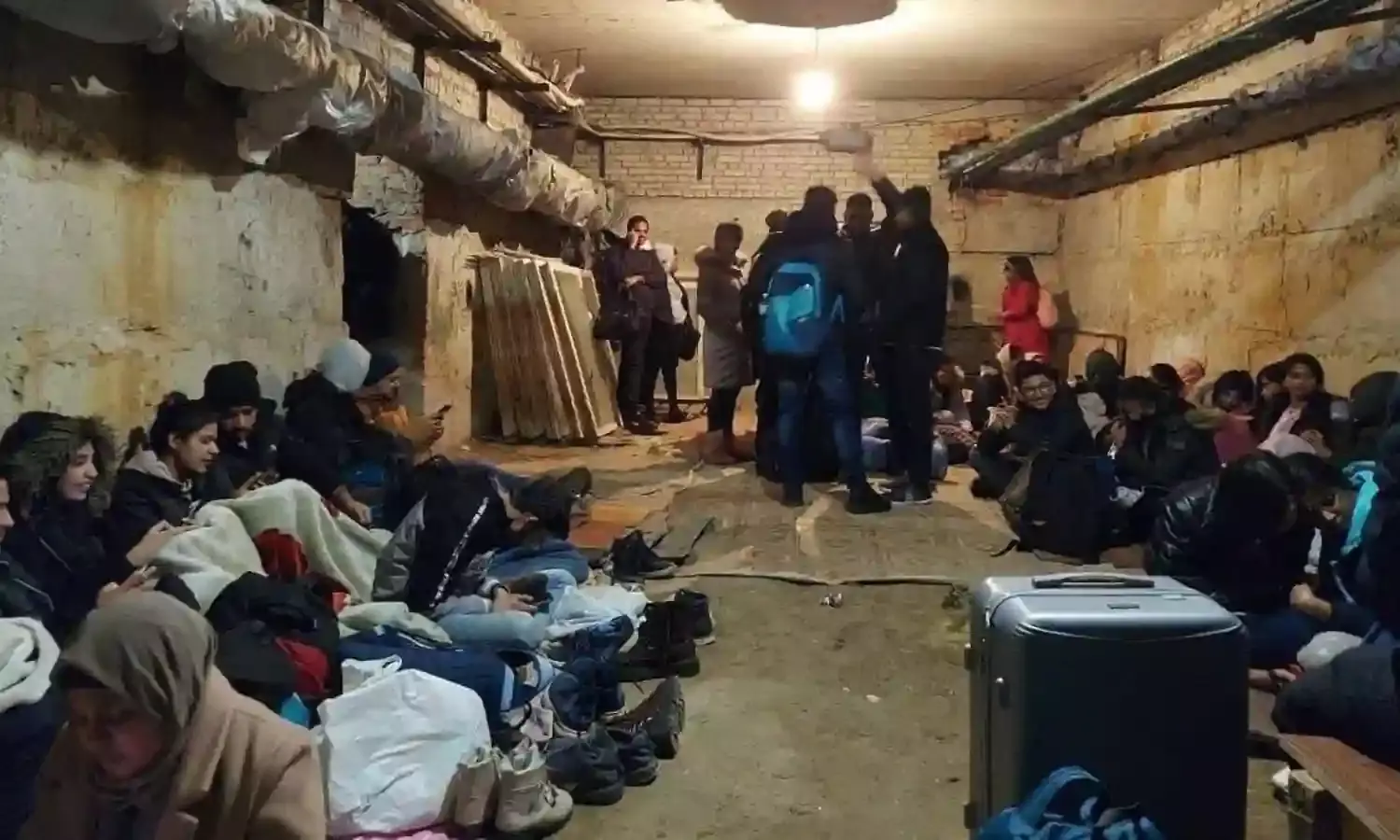
In the conflict between Russia and Ukraine, India found itself at a crossroads after its citizens, studying in different colleges and universities across Ukraine, were stuck there. As the conflict escalated, the evacuation of Indian citizens was met with extreme difficulties, criticisms and debates. As many asked ‘why Indian students go abroad for studies?’ students shared their reasons such as expensive tuition fees in private colleges in India and limited alternatives.
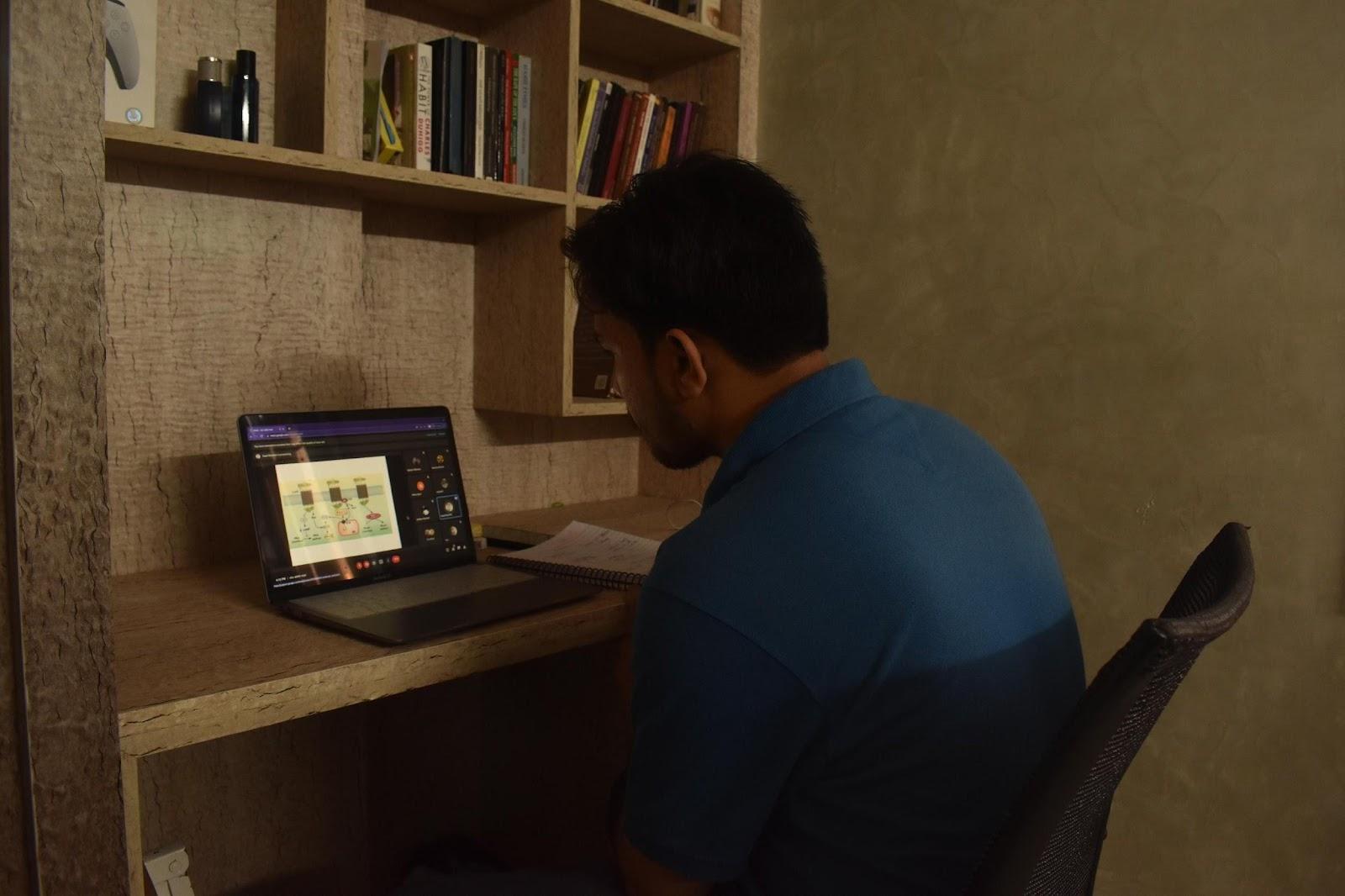
“I appeared for the NEET Entrance Exam three times, but I could not qualify. Because of financial issues at home, I could not pursue my studies in medicine even in a private college abroad. We have limited alternatives available here in India while the tuition fees in private colleges are expensive. We do not want to leave our home country to study abroad,” said Taufique Ahmad, a student currently studying BSc at Jamia Millia Islamia University.
Taufique eventually faced a three-year gap after failing to qualify the NEET entrance examination. While he believes that the education in India is qualitative compared to the institutions abroad, he said “the problem is that we have limited seats available in India and not everybody can compete at such a level.” Some others added that many emerging courses were not available in Indian colleges. Vedant Kaushik, a graduate from King’s College London, said, “the course that I wanted to study was not available in any Indian educational institution. It was offered by only a few colleges abroad.”
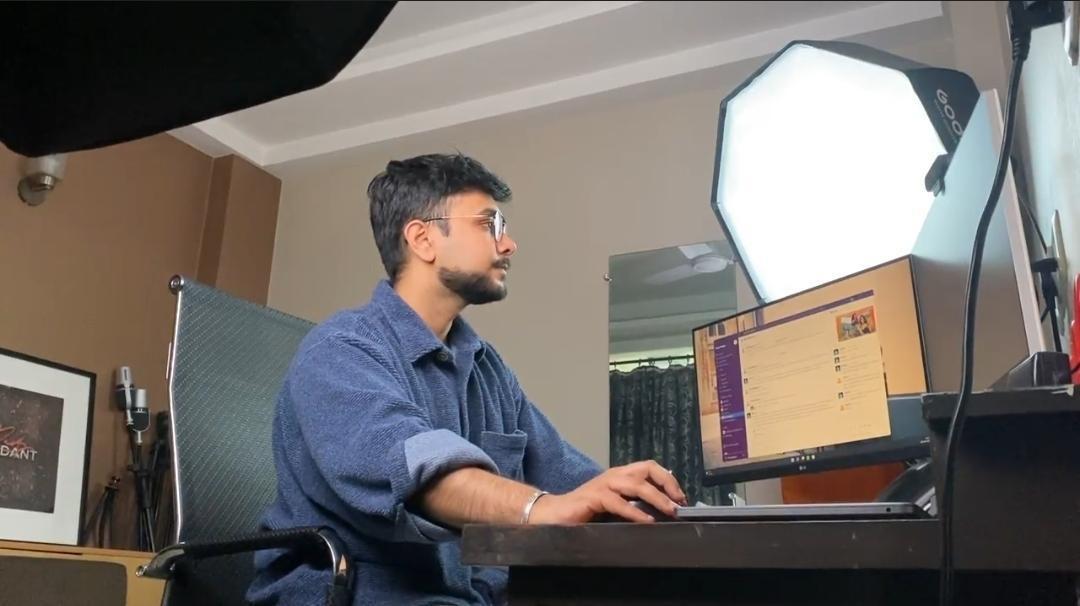
Students added that studying abroad pushes them into a challenging academic environment, “most of us [students] come from middle-class families and not everyone can afford to study in expensive private colleges in India. We don't have a choice but to study in a foreign university where fees are comparatively less. Studying abroad is not our primary choice, but is the only alternative that enables us to pursue an education in our chosen fields. Moving far away from home comes with a lot of challenges such as, getting into a different environment, doing household chores, ensuring safety precautions, etc. These challenges, if not balanced cautiously, affect our normal academic life, and sometimes, affect our academic performance as well,” said Zarnain, an MBBS student studying in Armenia.
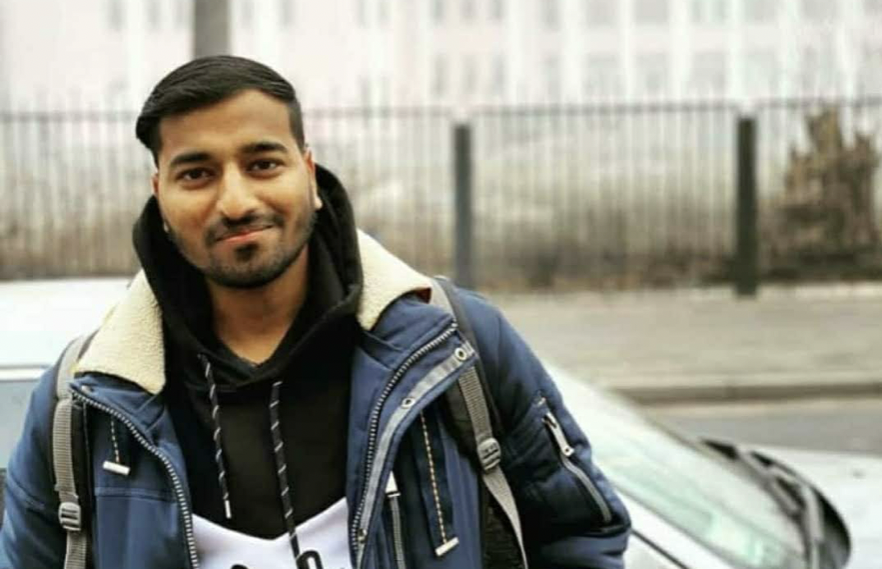
Things however have changed for many others. “I really don’t know where am I heading, after four years in Ukraine now I am nowhere. I will not go back to Ukraine, the locals in Ukraine despise India for standing with Russia, and our professors from Ukraine are urging us to protest in India. I cannot risk going back even when the war ends. The Indian government has not taken any decision for us. Whatever has been done is for the sixth-year students, who have been asked to attend their FMG exam, complete internships, and the government will then grant them degrees. But I have no clue what’s going to happen to me,” said Mukul Goyal, a fourth-year medical student from Vinnytsia.
Mukul left Ukraine on March 4 and regrets ever leaving India. He took a gap year in 2018 to attempt NEET, but failed and decided to go abroad to fulfil his dream to be a doctor. But the dream is now far from complete.
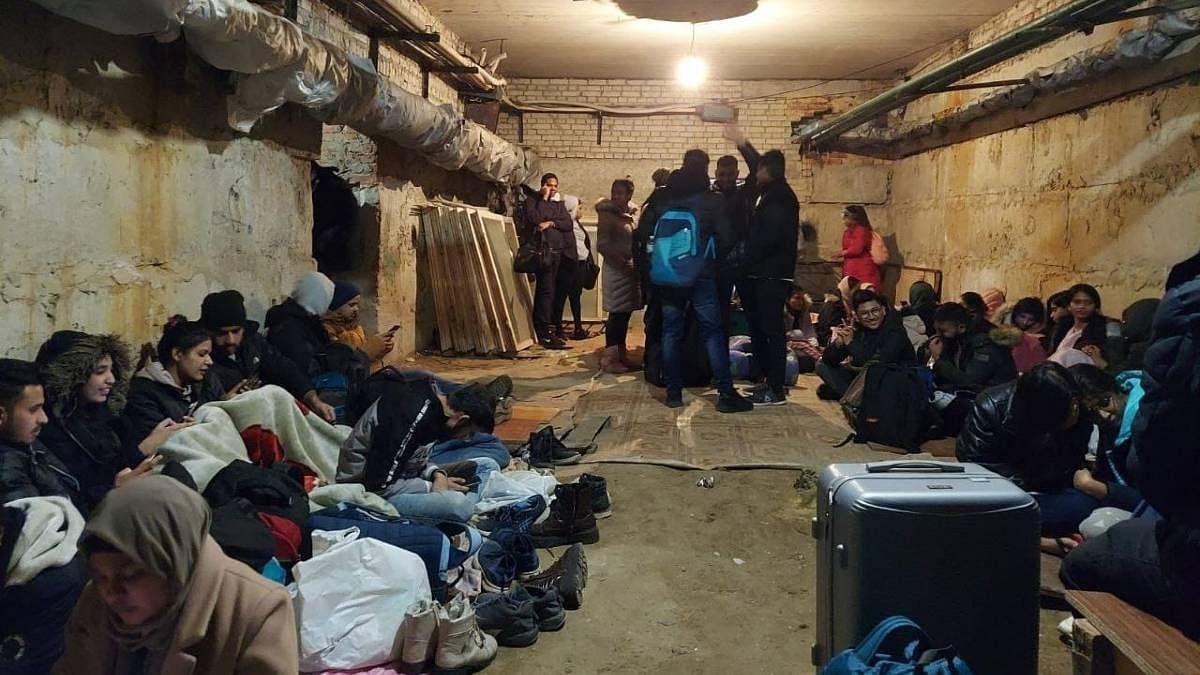
Cover Photograph : Indian students in an underground bunker in Sumy. Kartika Nandwana



